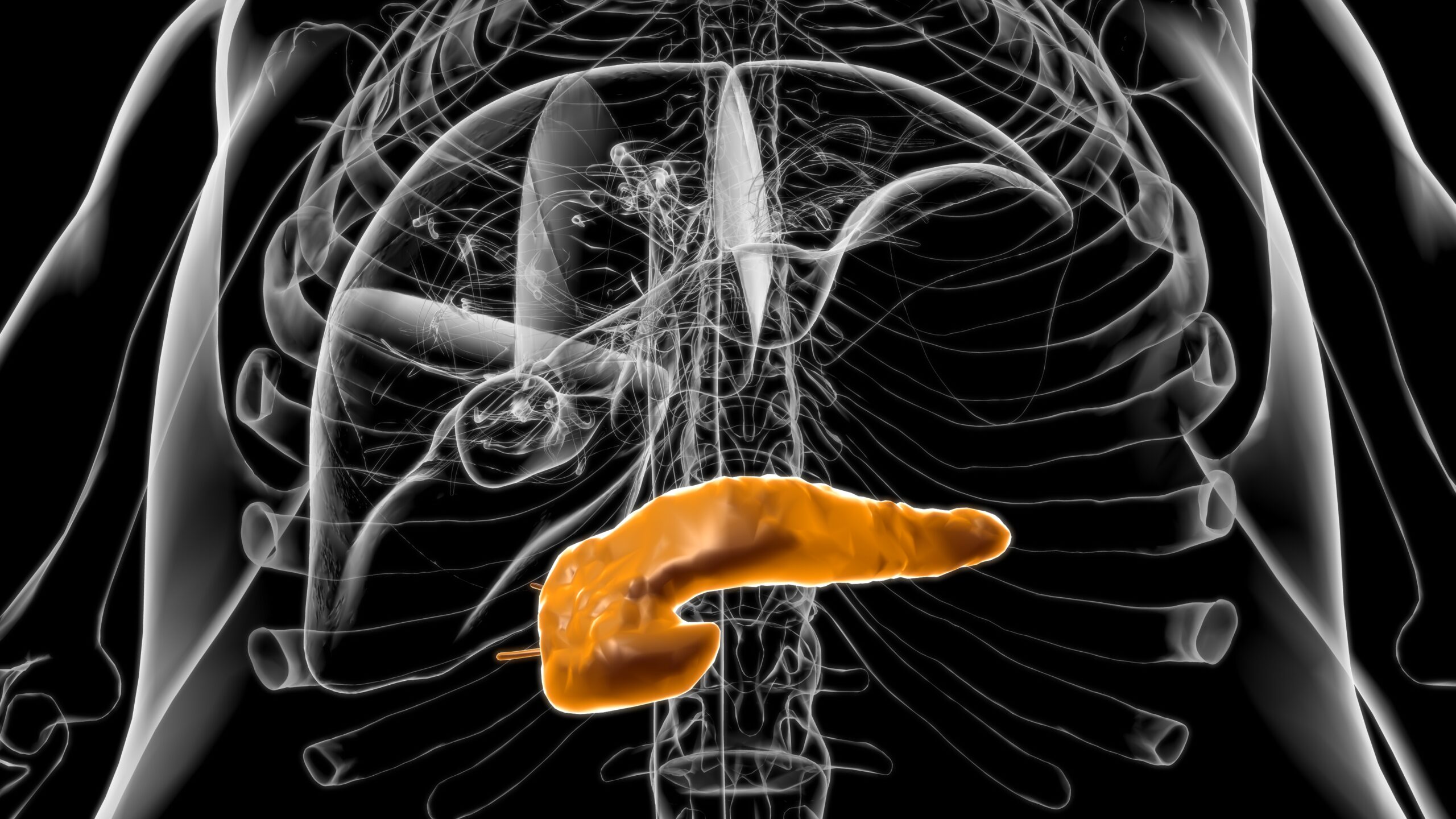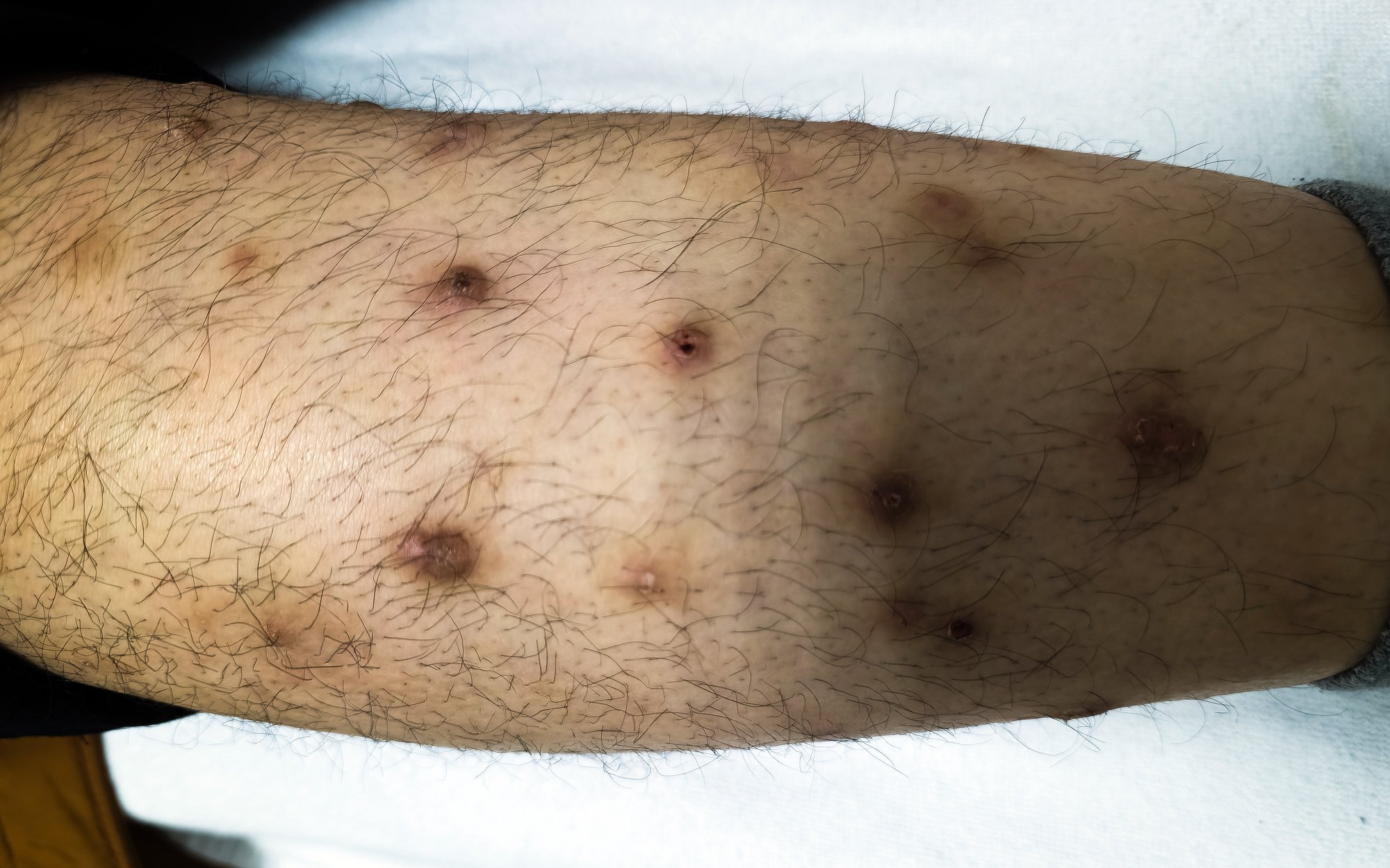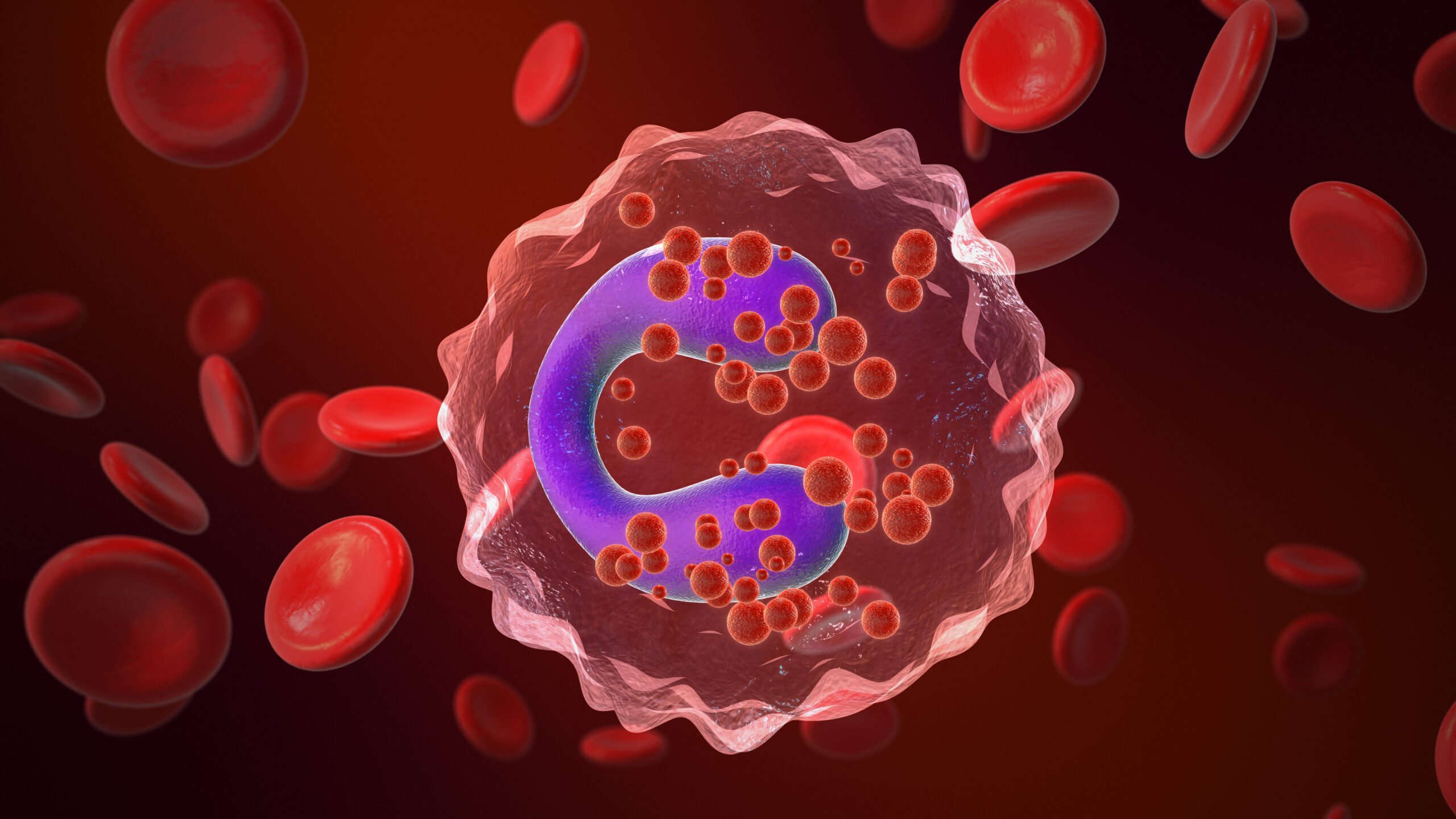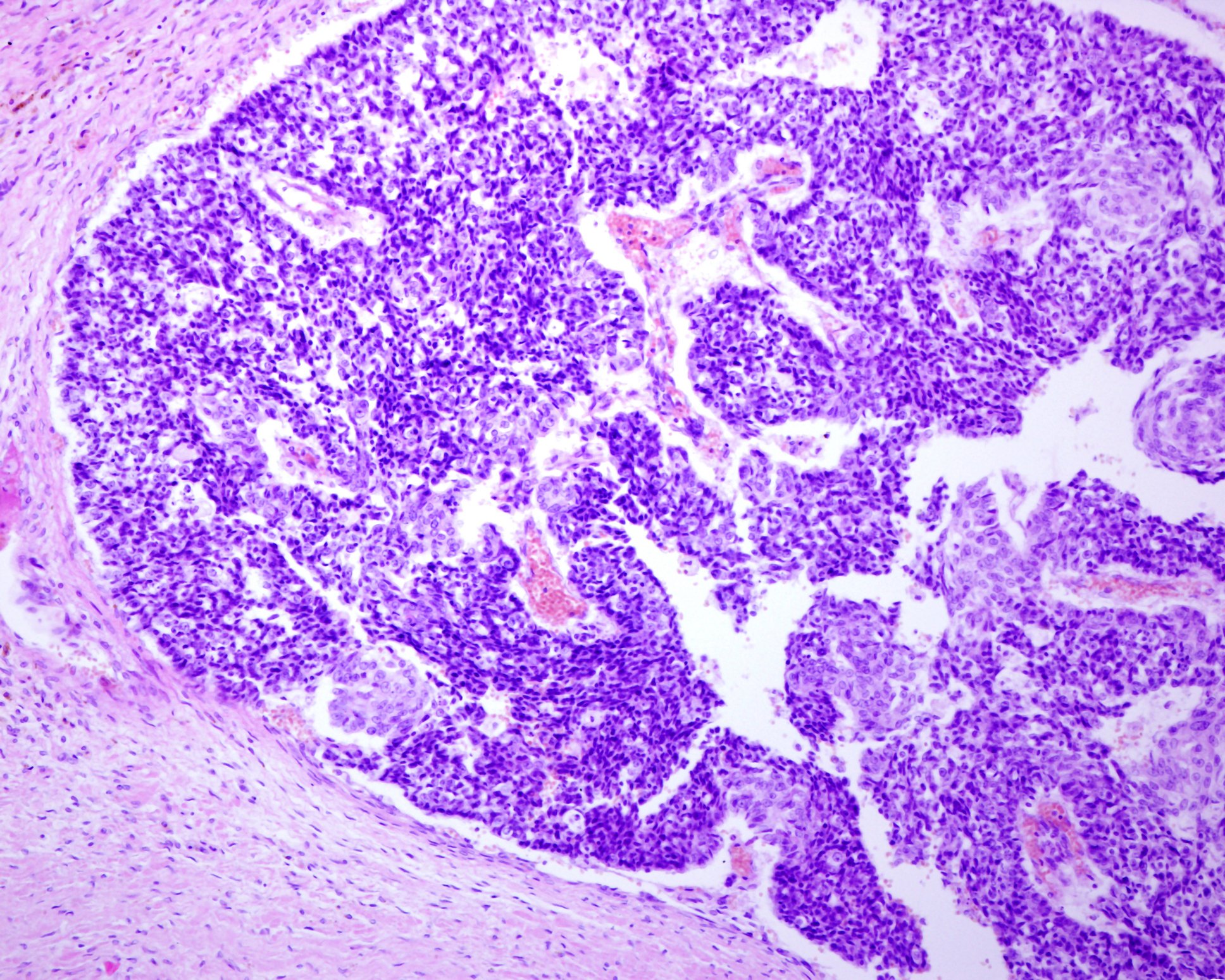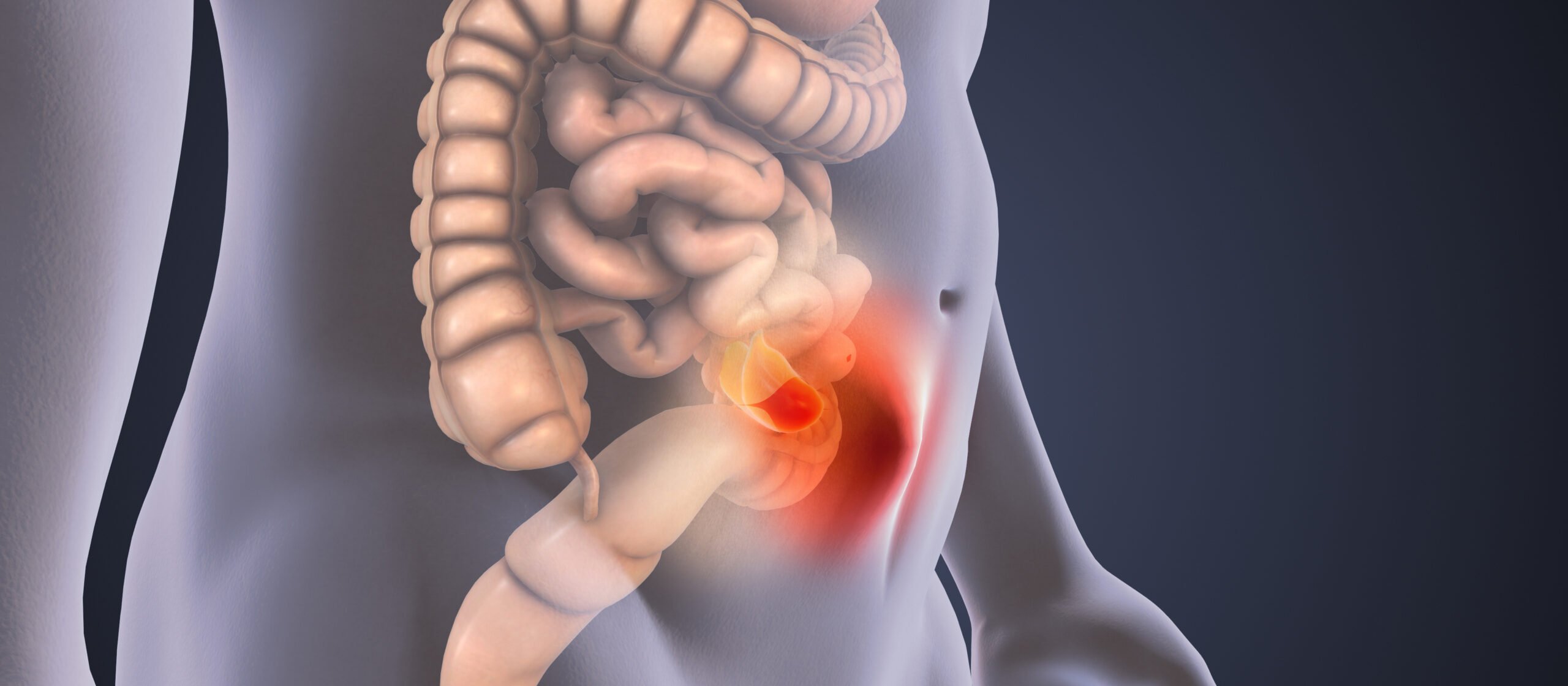With young patients, it is often a challenge for the physician to explain a complex disease in an understandable way to parents and child. On the new website www.leben-mit-pid.ch, the blue bear IGI takes Jamie and his friends on a trip inside the human body and explains how the immune system works and what a patient with primary immunodeficiency (PID) is missing. The video is just one of many interactive and creatively designed informational materials for parents and children affected by or interested in PGD.
Patients with primary immunodeficiency (PID) suffer from frequent bacterial and viral infections [1]. Children in particular are affected by the associated restrictions in everyday life. To make the complex disease easier to understand for young patients and their parents, the website “Living with PID” provides information about the immunodeficiency.
IGI provides comprehensive information on therapy
What is PGD? What are immunoglobulins needed for? And how do I deal with the social challenges that come with a PGD? – Answers to all these questions and more can be found by parents of affected children on “Living with PGD” explained in simple language. Even the little ones want to understand what their disease means and are not disappointed, because IGI explains in short texts and with many pictures what the big ones can read in detail next to it. For example, the website teaches children that patients with PID are much more likely to be sick than their friends, and for parents it lists the 10 warning signs that indicate PID [2]. Titled “Don’t Be Afraid of Injections,” the children are given tips on how to make immunoglobulin therapy injections easier to bear – breathe deeply, mimic their favorite animal, or blow on the injection site. For parents, the benefits of intravenous and subcutaneous administration are discussed concomitantly. The accompanying brochure conveys the important feeling of not being alone (“Are you afraid of needles – IGI is there for you”).
Social aspects – sensitively explained by IGI
The social aspects of PGD in everyday life should not be neglected either. Hygiene is addressed, as is physical activity and psychological care. “If you’re angry or sad or in a bad mood all the time, it can do you good to talk to people who know about uncomfortable feelings,” IGI explains. Parents learn the behavioral signs for which psychotherapeutic help might be indicated and how to find the right person to talk to. Meanwhile, children can playfully explore their disease with the story about IGI and his friends and eat bacteria as an immune cell, capture good immune cells with a net, or read the comic about IGI’s adventures on the planet for children with PID.
Conclusion
The website www.leben-mit-pid.ch appeals to parents and children with a combination of technical information and playfulness. Parents find security in the understandable language and the children can play with IGI during therapy, experience virtual adventures and learn a lot about their body. Physicians will also find numerous suggestions, brochures and posters that can be helpful in talking to patients.
Literature
- Amaya-Uribe L, Rojas M, Azizi G, Anaya JM, Gershwin ME: Primary immunodeficiency and autoimmunity: a comprehensive review. J Autoimmune. 2019 May;99:52-72. doi: 10.1016/j.jaut.2019.01.011.
- Jeffrey Modell Foundation, 2016. http://downloads.info4pi.org/pdfs/10-Warning-Signs—Generic-Text–2-.pdf Last call: March 2022
This text was produced with the financial support of Takeda Pharma AG.
C-ANPROM/CH/CUVI/0025 04/2022
Contribution online since 26.04.2022





